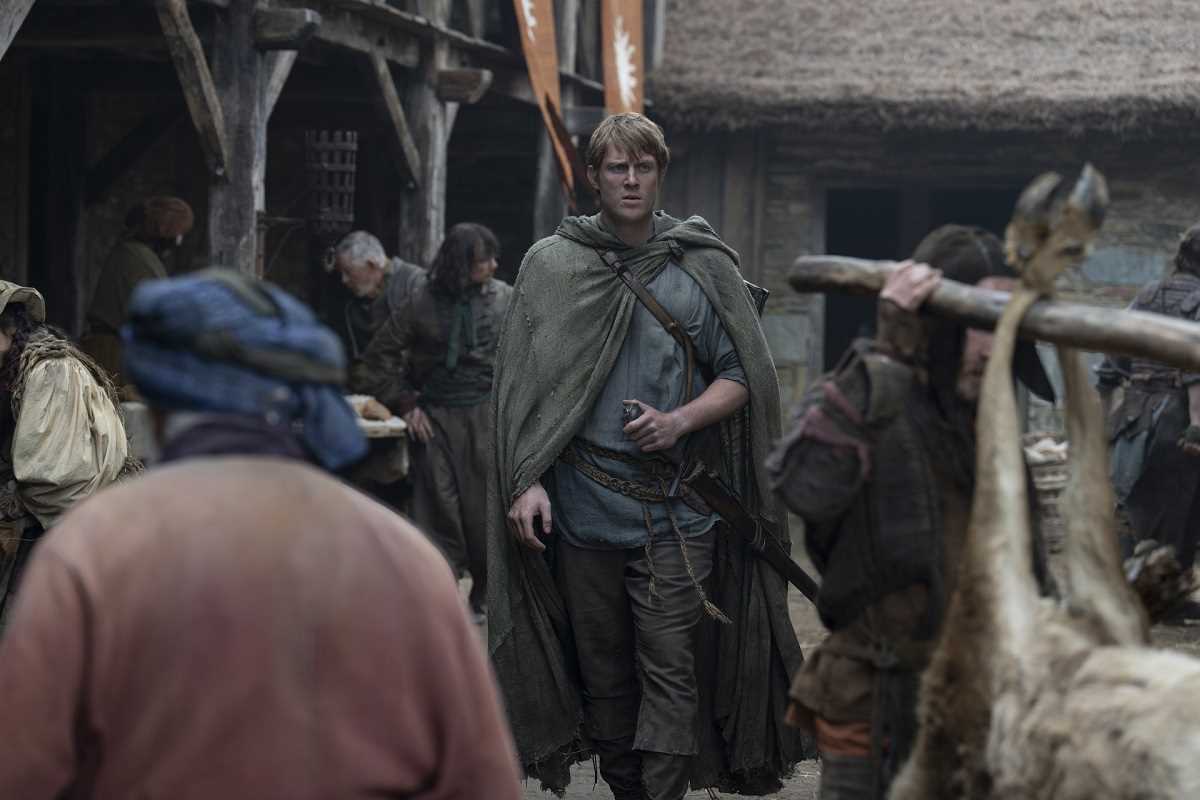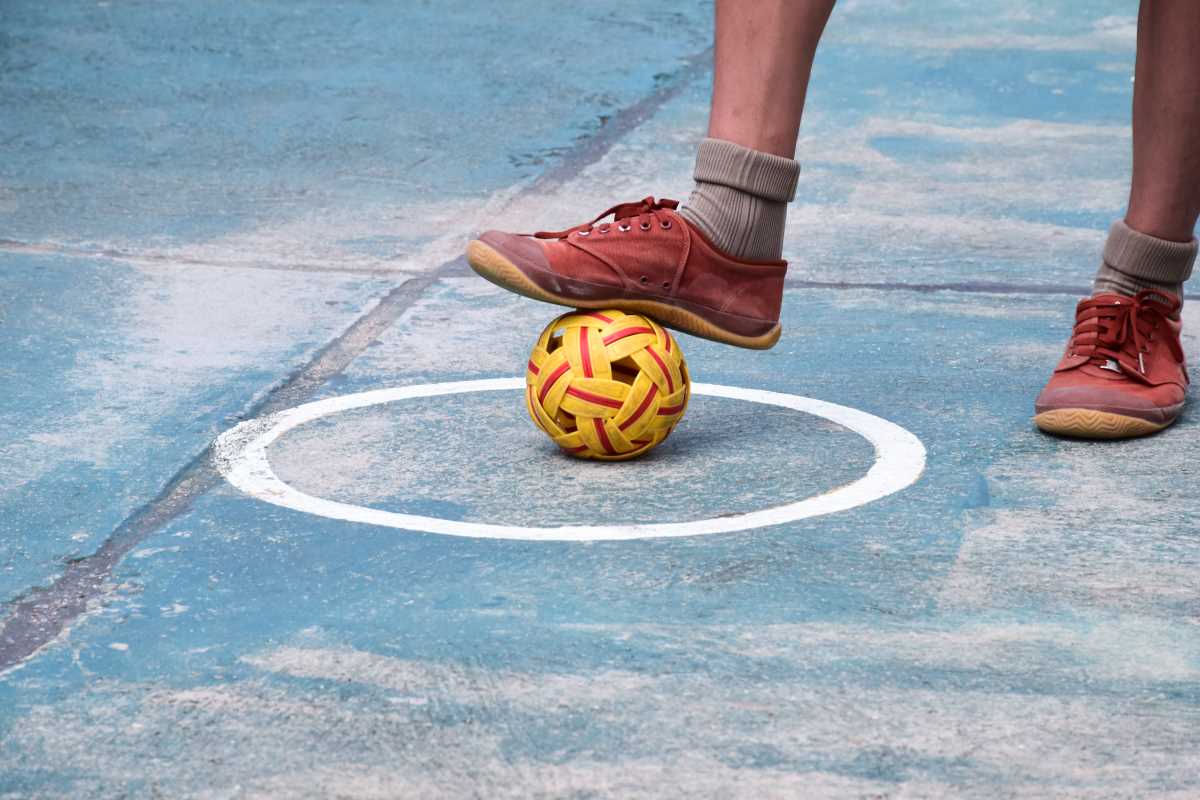Finding a skilled trainer for niche sports can feel like venturing into uncharted waters. Unlike more mainstream activities like running or basketball, niche sports often lack visibility, standardized requirements for trainers, or even a large pool of professionals to choose from. Whether you're looking to improve your disc golf game, master curling techniques, or break into competitive underwater hockey, choosing the right trainer is key to your growth and success. Here’s a step-by-step guide to help you find a good trainer for niche sports, with tips to ensure you’re making the right choice.
1. Understand Your Goals and the Needs of Your Sport
Before you even start searching for a trainer, take some time to reflect on what you want to accomplish. Are you aiming to compete at a high level, or are you looking to hone specific skills for recreational purposes? Each niche sport has unique techniques, strategies, and physical demands. For example:
- Archery requires precise physical control and a focus on mental discipline.
- Parkour emphasizes agility, strength, and creativity in movement.
- Paddleboarding combines core stability and endurance but also differs vastly between recreational and competitive modes.
Understanding these elements allows you to select a trainer who specializes in your particular needs, rather than someone with a generalized approach that might not fit the sport’s nuances.
2. Look for a Trainer with Relevant Experience
While passion and enthusiasm are great, expertise is non-negotiable when it comes to niche sports. Seek trainers who have reliable, hands-on experience in the specific sport. Here’s how to evaluate their background:
Proven Track Record: Search for someone who not only practices the sport but has documented experience in training others or competing at advanced levels. For example, if you’re interested in fencing, working with a trainer who has participated in tournaments will ensure they have both technical knowledge and strategic insight.
Specialized Certifications, If Applicable: Some niche sports may have organizations that certify trainers. Though not every niche sport has this framework, take sports like rock climbing as an example; a trainer with certification from institutions like the American Mountain Guides Association (AMGA) potentially stands out.
Ask Questions:
- How long have they been involved with the sport?
- Have they trained other athletes? If so, what kind of outcomes did they achieve?
- Do they routinely update their skills through workshops or additional courses?
Keep in mind that niche sports may attract self-taught enthusiasts who lack formal credentials but offer practical knowledge through years of experience. Gauge their expertise through their past accomplishments and their ability to articulate strategies confidently.
3. Assess Compatibility and Training Philosophy
Even a trainer with impeccable credentials won’t be effective if their approach doesn’t align with your learning style or personality. Compatibility plays a massive role in ensuring your training sessions are productive and enjoyable. Here’s what to evaluate:
Personality Fit
Ask yourself if you can see this person motivating and encouraging you during tough moments. A trainer with excellent interpersonal skills will build trust, keep you inspired, and help you overcome any mental blocks.
For example, some niche sports like acrobatics or martial arts require pushing physical limits in high-pressure environments. A trainer who strikes a balance between firm guidance and positive reinforcement will help you thrive.
Training Philosophy
Every trainer has a distinct method and rhythm. Some may focus on drills and repetition, while others emphasize creativity and experimentation. Learn what their training philosophy entails and ensure it aligns with your needs. A trainer who prioritizes flexibility in tailoring lessons to individual learners is usually a strong choice.
Communication Style
Clear and constructive feedback is crucial for progress, especially in niche sports where small technique adjustments can make a big difference. During an initial meeting or trial session, observe how well the trainer communicates:
- Are they clear and precise in explaining techniques?
- Do they offer constructive criticism in a way that feels helpful instead of discouraging?
4. Use Targeted Search Strategies
Finding a trainer for unusual sports often requires tapping into niche communities or online resources. Fortunately, there are several platforms and events where skilled trainers make their services accessible.
- Online Platforms and Forums
- Websites like CoachUp, UpMyGame, or Takelessons often connect athletes with specialized trainers across various disciplines.
- Sports-specific forums or online communities such as Reddit’s niche-interest subreddits (e.g., r/DiscGolf or r/Parkour) are fantastic hubs to ask for recommendations.
Local Clubs and Groups
Local sports clubs, meet-up groups, and recreational centers can introduce you to experienced trainers. For example, rock climbers might connect with instructors at climbing gyms, while skateboarders might find coaches at community skateparks.
Events and Competitions
Many niche sports host local or regional events, workshops, or tournaments where you can network with seasoned professionals. Watching demonstrations or meeting organizers is a helpful way to identify active trainers in the community.
Social Media and Networking
Social media platforms like Instagram or TikTok often feature trainers sharing their adventures, training tips, and expertise. Use hashtags related to your sport to find trainers actively involved in the community. Additionally, recommendations from fellow athletes in your circle can lead you to hidden gems.
5. Rely on Reviews and Testimonials
A reputable trainer should come with positive feedback from former clients or members of the sports community. Look for reviews, testimonials, or success stories on their social platforms, website, or through direct referrals. Ask for specifics:
- Did they help someone achieve tangible goals (e.g., improved ranking, speed, or technique)?
- Do clients mention consistency, professionalism, and strong communication skills?
Don’t hesitate to reach out to former clients and ask for their honest opinion about their experience with the trainer. A glowing testimonial goes a long way in verifying a trainer’s qualifications.
6. Utilize Trial Sessions to Finalize Your Choice
Even the most impressive resume won’t tell you everything about a trainer’s coaching skills. Most professional trainers offer trial sessions, which are a golden opportunity to evaluate them firsthand. During the trial, pay attention to the following:
- How well do they assess your current skill level?
- Do they provide actionable, clear feedback after spotting areas for improvement?
- Are they patient and open when answering your questions?
Trial sessions help you resolve any doubts and confirm that their teaching style matches your preferred way of learning.
7. Seek Value, Not Just Cost
Cost always matters, but going for the cheapest option isn’t necessarily the smartest move. A more expensive trainer with deep expertise might get you better results in less time than a budget-friendly option with limited knowledge. Instead of focusing solely on hourly rates, consider the overall value they bring:
- Are they offering personalized attention?
- Do they provide detailed advice that’s specific to your sport?
- Are they helping you progress efficiently toward your goals?
Balance cost with quality. If a higher-priced trainer has proven their worth with credentials and experience, it’s likely an investment in your success.
When it comes to niche sports, finding a skilled trainer may require a little digging, but the rewards are worth it. The right trainer can help you master unique techniques, build confidence, and even deepen your love for the sport. By understanding your goals, conducting thorough research, and prioritizing compatibility and communication, you can find a trainer who’s genuinely invested in your growth.
Remember, training is a partnership. Your effort and dedication, paired with your trainer’s expertise, will set you up for success in any sport—even the most unusual ones! Happy training!







